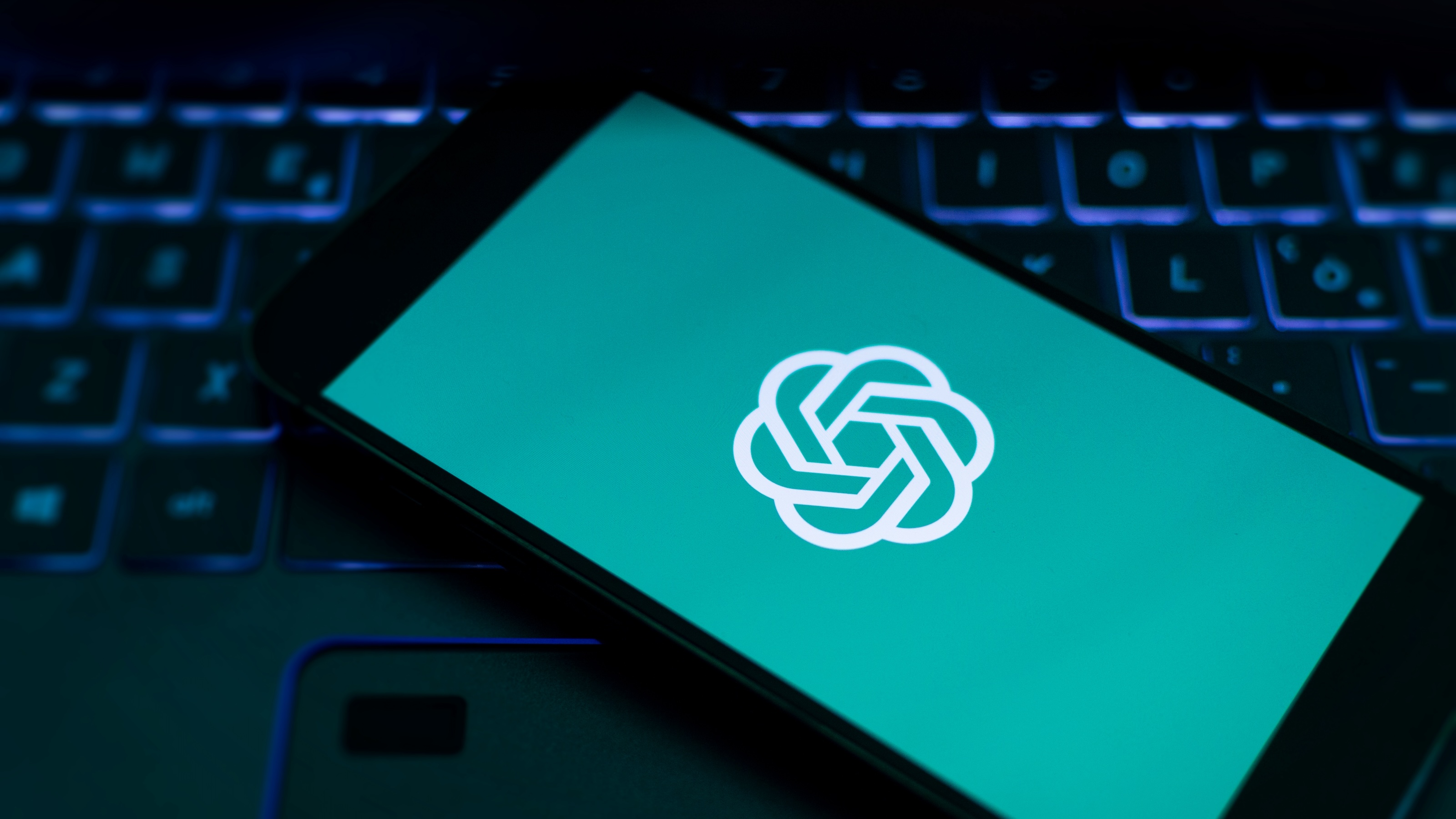Sony’s Self-Censorship, CIA Torture. How Readily Fear Trumps Wisdom and Morality

Here we go again, criticizing decisions made out of fear with the clarity afforded by safety and hindsight. This time it’s everyone second-guessing Sony’s decision to pull their satirical film “The Interview” from its planned Christmas-season release. (The company now says it is exploring how to release the film “on other platforms.”) Several days ago, many were second-guessing the CIA’s brutal post-9/11 torture program. In both cases the second-guessing gets it right. Sony was wrong. So is torture. But the second-guessing overlooks what both instances teach us about a basic truth of human nature; fear trumps morality and wisdom every time. It always has. It always will. Facile hindsight will not keep these things from happening again.
Do you doubt that? Then put yourself in the shoes of the parent in the imaginary scenario below, and see how you feel at the end.
It’s 8 a.m. and you and your family are in your car, fleeing as smoke rises from where a bomb went off fifteen minutes ago a few miles away from your home. The road is jammed with cars full of frightened people like you. Flashing red and blue emergency lights are everywhere. Sign boards and waving police officers with bullhorns along the road command “KEEP MOVING!”
News announcers on the radio, fear and drama in their voices, urgently warn everyone to keep their windows closed or stay inside, because the smoke carries radiation from the dirty bomb set off by terrorists inside the city transportation hub. Stuck in stop-and-go-traffic, you look in your rear view mirror, over the heads of your frightened kids clutching the family dog in the back seat. The smoke is drifting your way.
Now move ahead a couple weeks. You are living out of state with friends, your only possessions the things you threw into the car as you fled. You and your family had to wait nine hours in a line of refugees to be decontaminated…scrubbed down…at a local fire station, where a nurse in full protective clothing ran a radiation detector over you and your kids before trying to reassure you by saying that “The dose you were exposed to was measurable, but not enough to be dangerous”. Reassured?
Ten square miles around the blast site has been cordoned off because of radioactive contamination. The closed area includes your home. There is no word yet on when, or even whether, you will be allowed to return. The death toll is 350. Hundreds more are injured or unaccounted for. The terrorists boasting of the bombing have not been found, and they are promising more such attacks.
And now imagine one more thing. You hear on the news that three foreign nationals in custody on other terrorism-related charges may know who did the bombing, and may know something about other dirty bombs the bombers might be planning to set off.
What would you be willing to do to those three suspects to get them to tell you what they know? How far would you be willing to go to keep another attack from happening? Where would your moral line be?
After that exercise, it shouldn’t be hard to put yourself in the shoes of the Sony executives. After a hard week of embarrassing public revelations about hacked emails, you learn that the hack was pulled off by the North Korean government, which is also apparently the source of direct threats to you personally and to audiences at the theaters about to show your film. This is a government so angry that they have mounted a major cyber attack that has already cost you millions. What else are they willing, and able, to do? Are their threats real? Could they possibly actually mean to do you harm? How safe would you feel? What would you do about releasing “The Interview”?
It’s easy to philosophize about choices like these when we’re not afraid. It’s facile (and correct, by the way) to say that caving in to threats from North Korea sets a dangerous precedent of self-censorship that can only lead to worse. It is easy (and correct), 13 years removed from the horror and anger and fear of the 9/11/01 attacks, to criticize CIA torture as immoral and a violation of American values.
The problem is, the critics say not only that we shouldn’t have acted that way in the past, but that we shouldn’t do these things again. Honorable as that is, it is intellectually naïve. Fear readily trumps morality. Fear easily supersedes rationality. And for good reason. It keeps us alive.
That’s not a justification for torture. Fear is no justification for the myriad horrible things humans do to others, not just in the name of tribe or nation but as individuals. It’s no excuse for a publisher caving in to a threat and not printing a story or releasing a book or film, or for the dumb choices we make in our own lives – to drive several hundred miles because flying is scary, or expose ourselves to unnecessary medical screening or treatment because we’re afraid of cancer.
But it is an explanation. And it makes clear why, as much as our hindsight about torture or our second-guessing of Sony’s self-censorship might challenge us to rise above our instincts, it is naïve to expect that we ever really can overcome the most basic instinct of all, the instinct to keep ourselves alive. Rational decision making may seem intelligent. Moral decision making may seem honorable. The survival imperative trumps them both. Always has. Always will.
As Richard Nixon said:
People react to fear, not love—they don’t teach that in Sunday School, but it’s true.
Photo: Duc Dao, Shutterstock.





